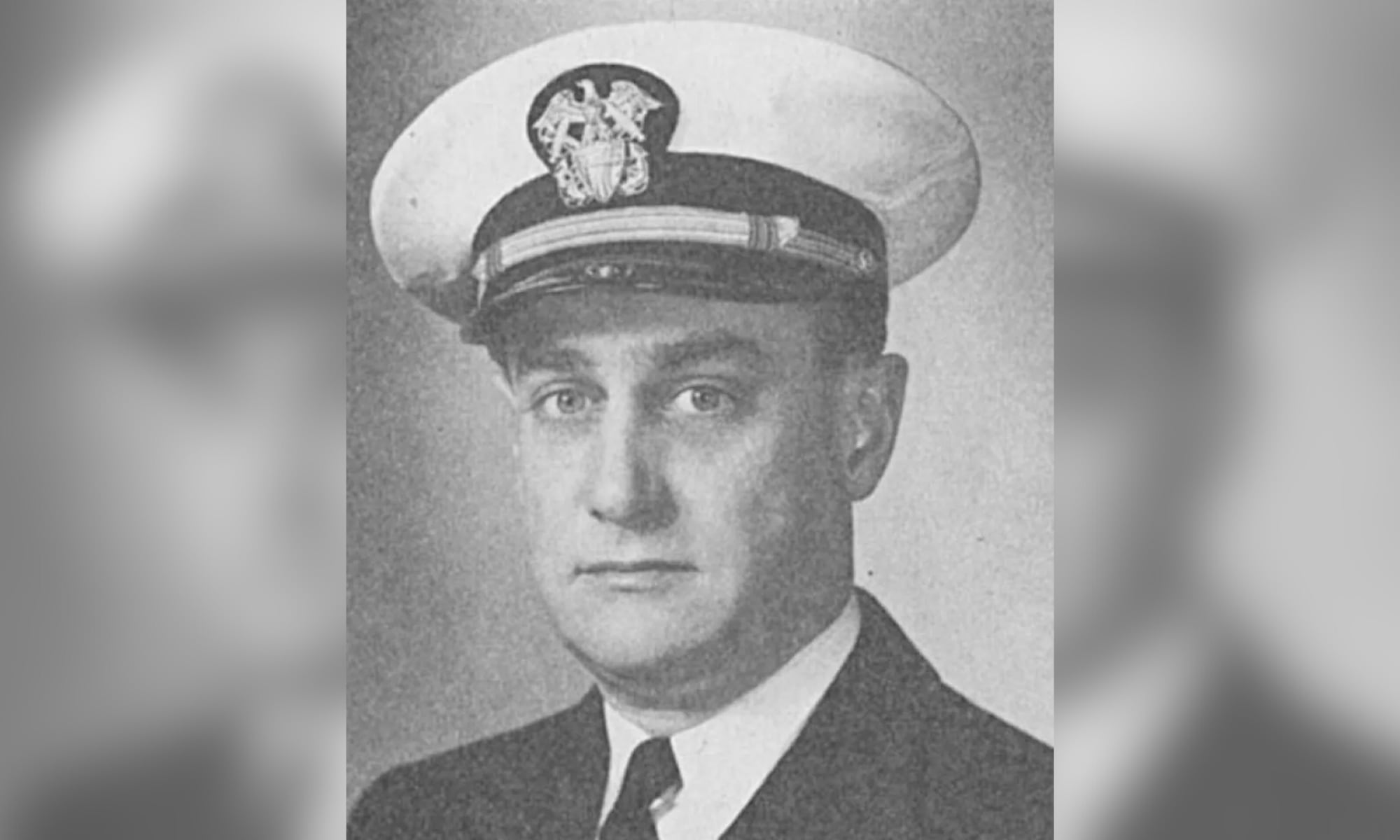Ever wanted to write a book about a historic battle and its relevance to today, an article arguing about the nuances of the rules of engagement, a memoir from battle or simply a 500-word book review? The Army wants to make it easier for you, the soldier, to become a published author.
The new Army Press, created in August, is designed to expedite the publishing process for enlisted soldiers and officers, while providing mentoring and professional advice.

Donald Wright
Photo Credit: Courtesy Wright
Soldiers don't get paid for their work. But working with the Army Press is a way for troops to hone their writing skills, an important asset moving forward. The Army has emphasized writing skills for soldiers and writing assessments will soon become mandatory for NCO courses. Interested soldiers should visit: armypress.dodlive.mil/publishing-iniative.
Army Press deputy director Donald Wright, a retired lieutenant colonel, recently spoke with Army Times about the program.
Q. What are avenues that the Army Press will open to aspiring soldier/authors?
Soldiers who have an article in mind, commentary on this thing they saw in theater, solutions they thought about, they can submit it to us. If the right venue is not Army Press itself, we can serve as a portal to the right place.
The idea is to enhance the soldiers' ability to write, give them more options to write, so they are joining the professional discussion. That is a way to hone critical thinking, and to keep soldiers' interest in their profession. This isn't just for officers, but also NCOs.
Q. Does a soldier own what he or she writes?
Everything that a government agency publishes is in the public domain. We could not get a copyright on anything we publish. The one thing we can do: because we work with soldiers and our audience is soldiers, the ideas in the writing – whatever it is, an article, a book, a two-page commentary – will get out to soldiers. You'd be surprised how many people want to get ideas out to a military audience.
We hope that when it comes to us in written form, it comes as more than just a gripe. Not just a complaint but a solution. There are many palaces online where you can air frustration. We're looking for more than just a venting. We want it to be thoughtful, to offer a solution that does display some critical thought. Those are things that are critical to add to the professional discussion.
Q. Could you cite an example of the kind of material Army Press has produced or is planning or hoping to?
For the very first book we chose for the Army Press imprint, we wanted something to challenge assumptions; so we published "When Failure Thrives." [This is historian Marc Devore's look at the evolution and utility of airborne. In it he concludes Airborne is over-resourced and unlikely to be heavily used in combat.] You wouldn't believe the reaction we got to that. It wasn't that the airborne had never been criticized before. It was that the Army itself had published it. We knew it would inspire a lot of unhappiness, but it also inspired a lot of thoughtful back-and-forth.
We are constantly looking for the right book to come out, one that would make the Army think.
How is Army Press looking to evolve and reach the soldier as a consumer?
For one, multimedia interactive books are available on iTunes for free. The Army Press is leading the way in the Army. We're also at the opening stages for putting together an app. We recognize the importance of using these different media, Facebook, Twitter, apps. Anyone can download an article, short story as an audio file; basically, make a podcast out of it. It is by far the most popular feature on the website [armypress.dodlive.mil]. It's a different way of consuming the information than maybe my generation's used to.





